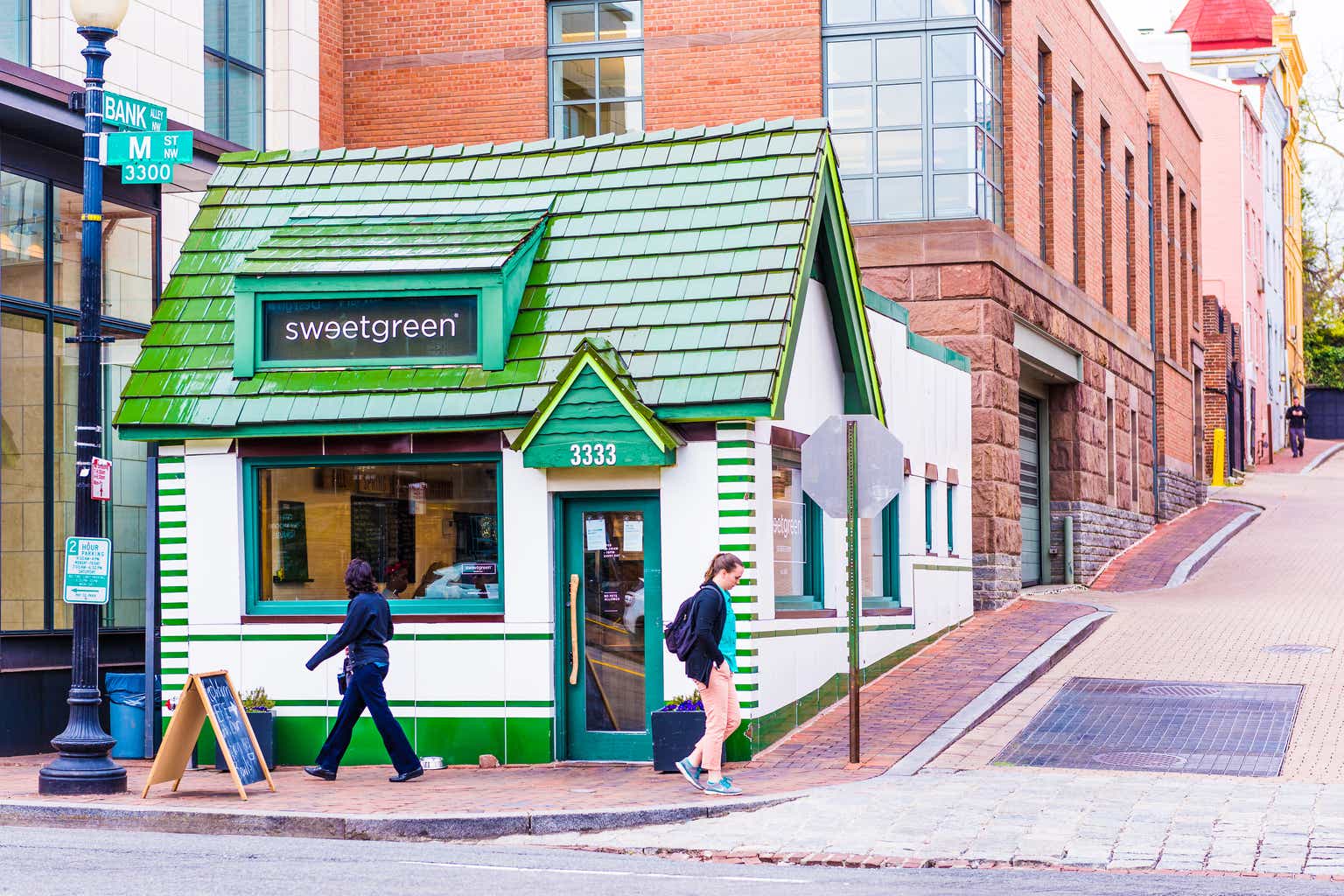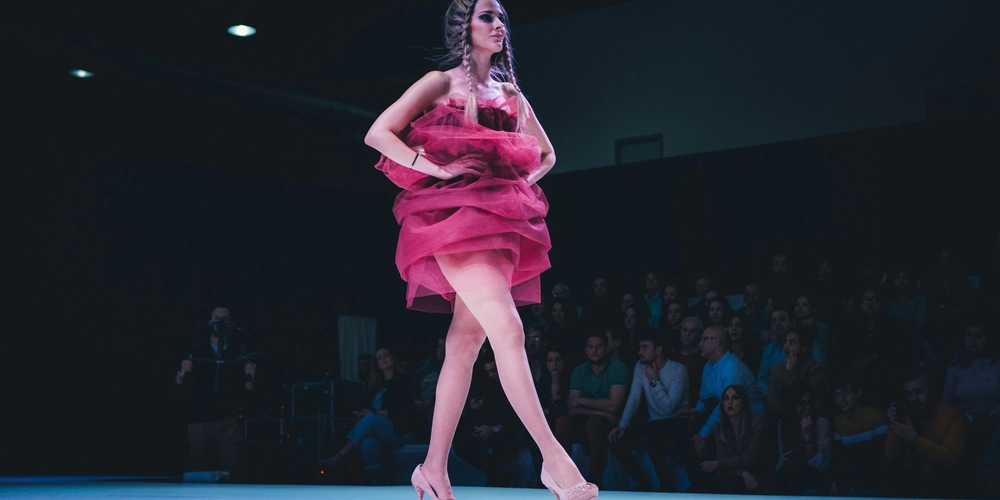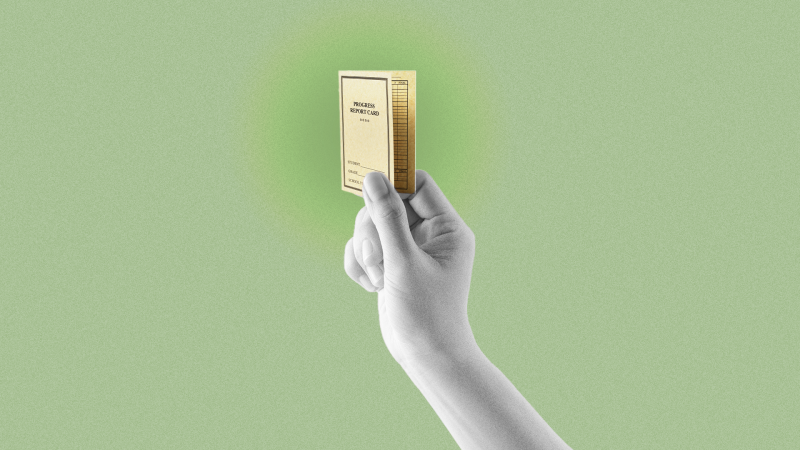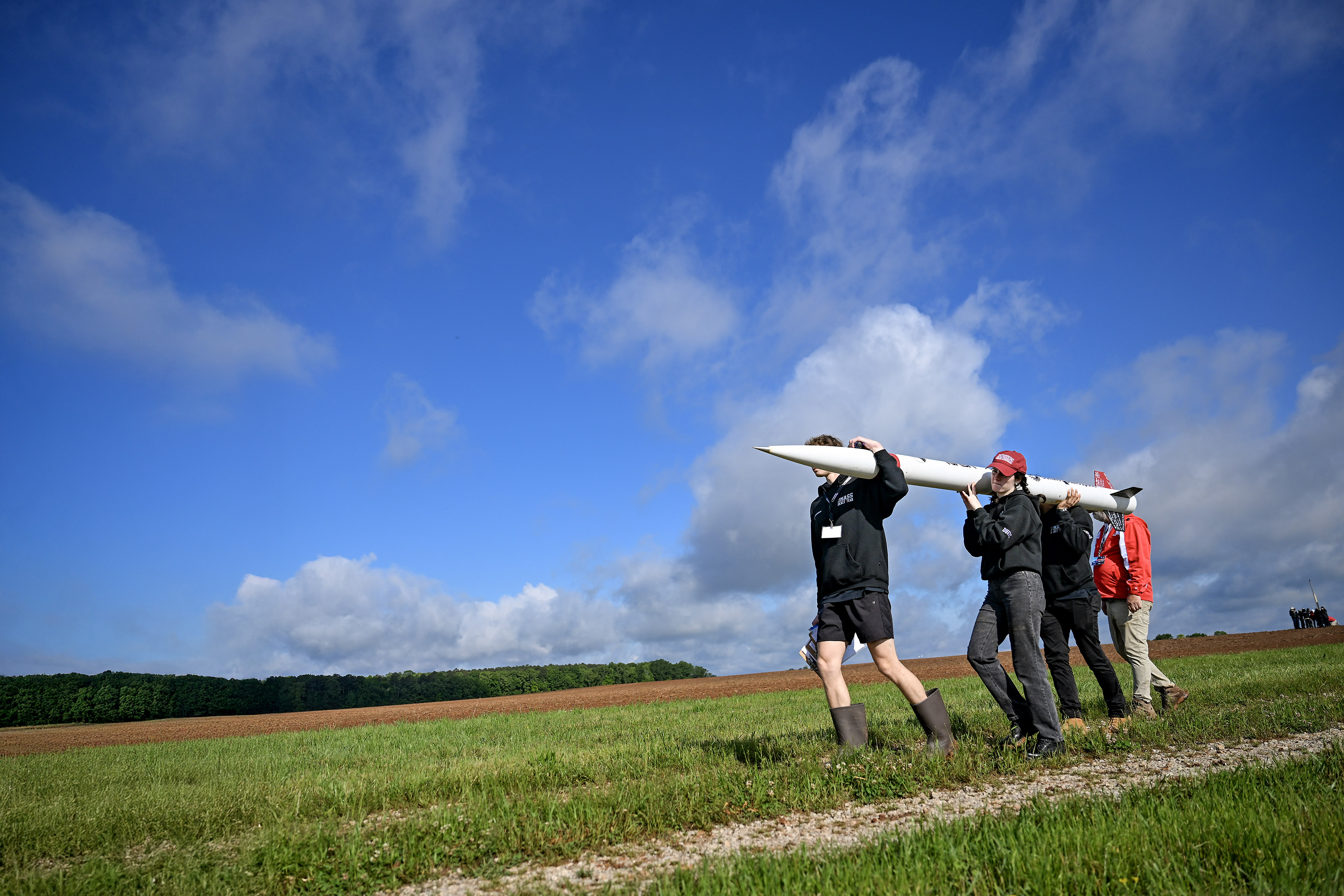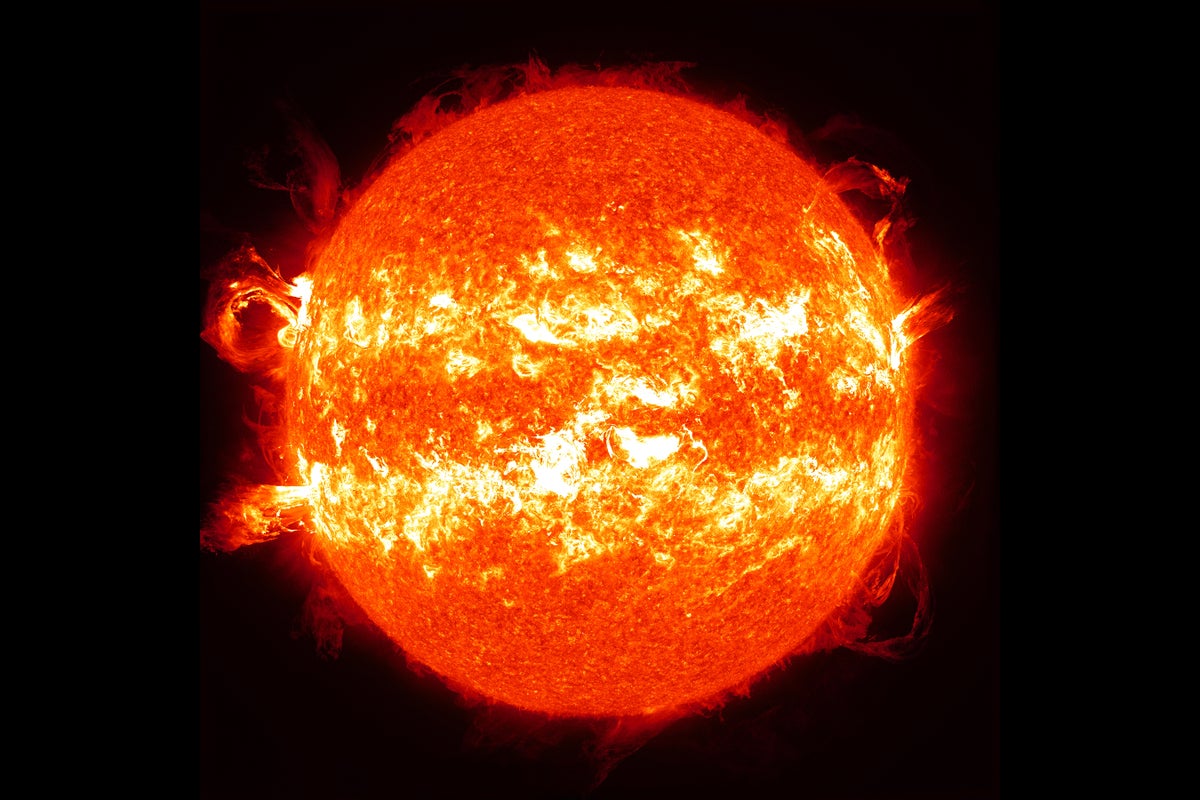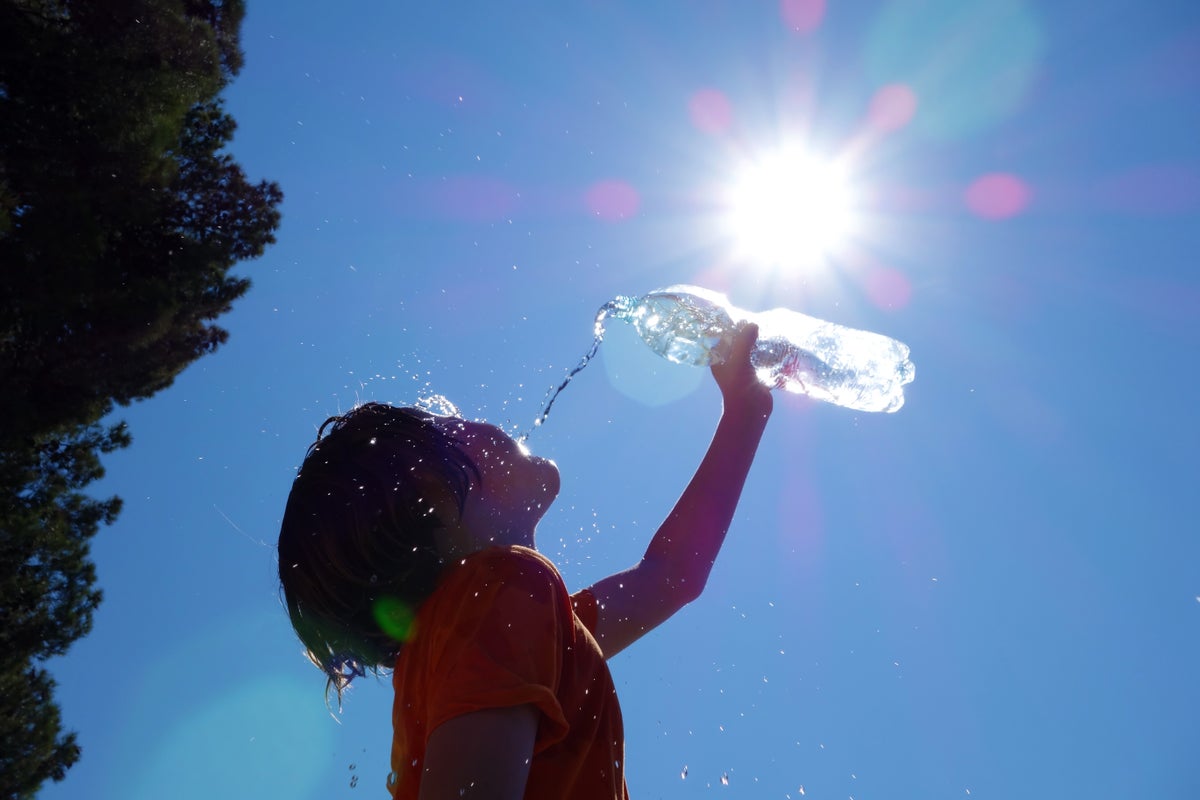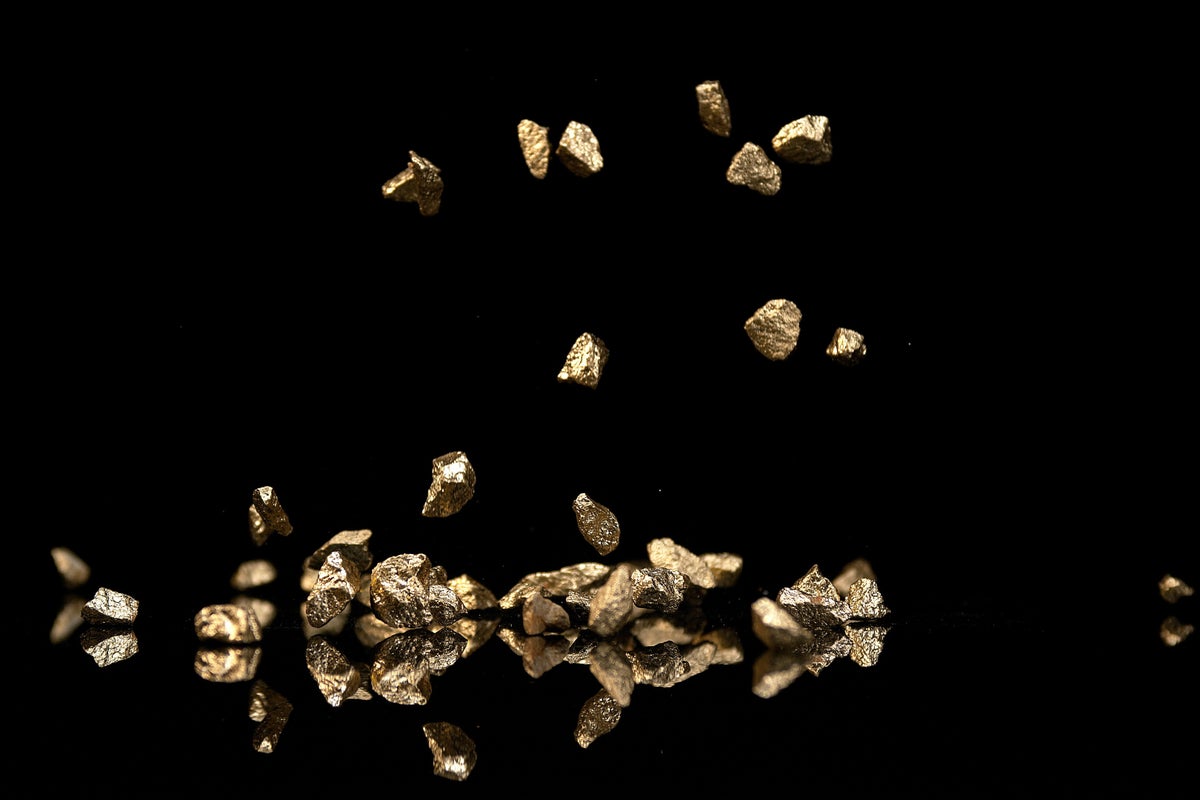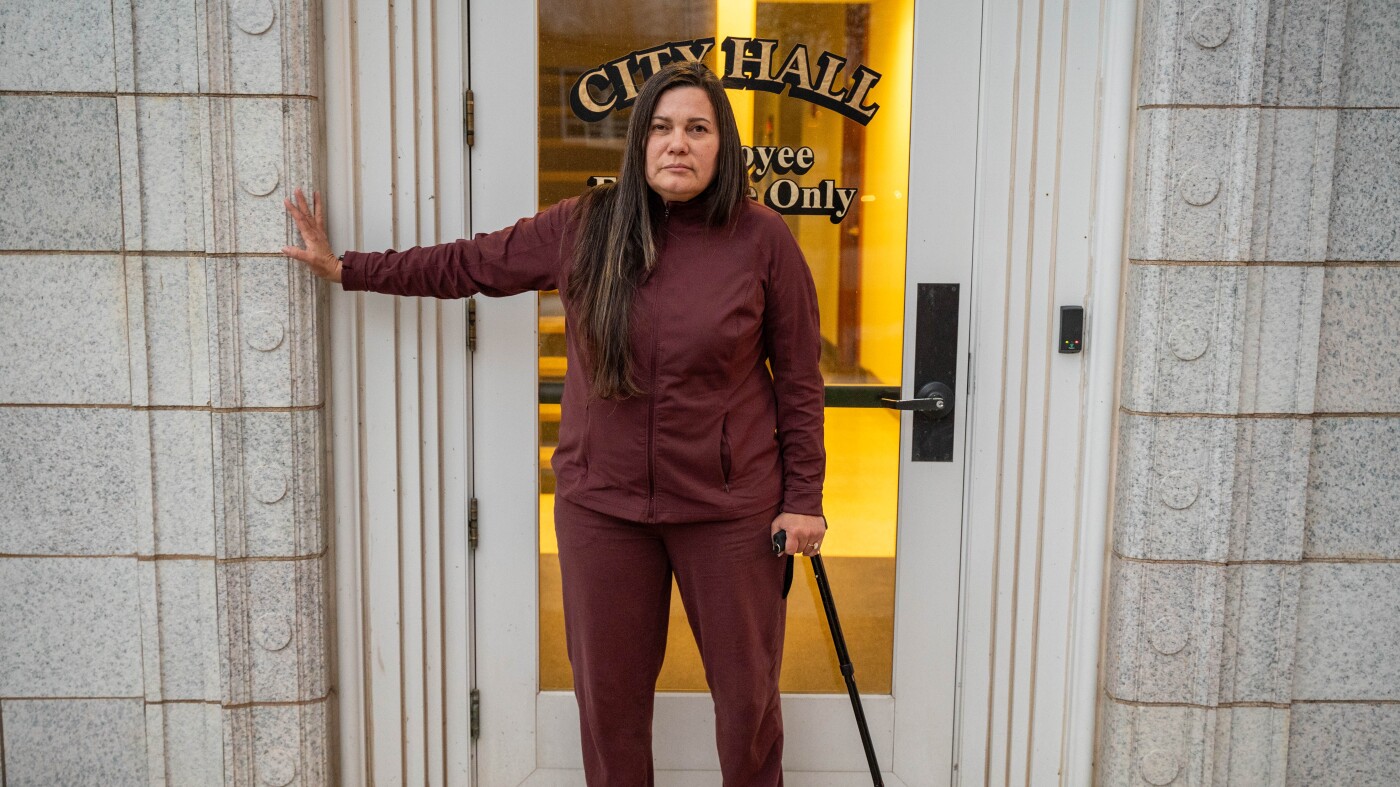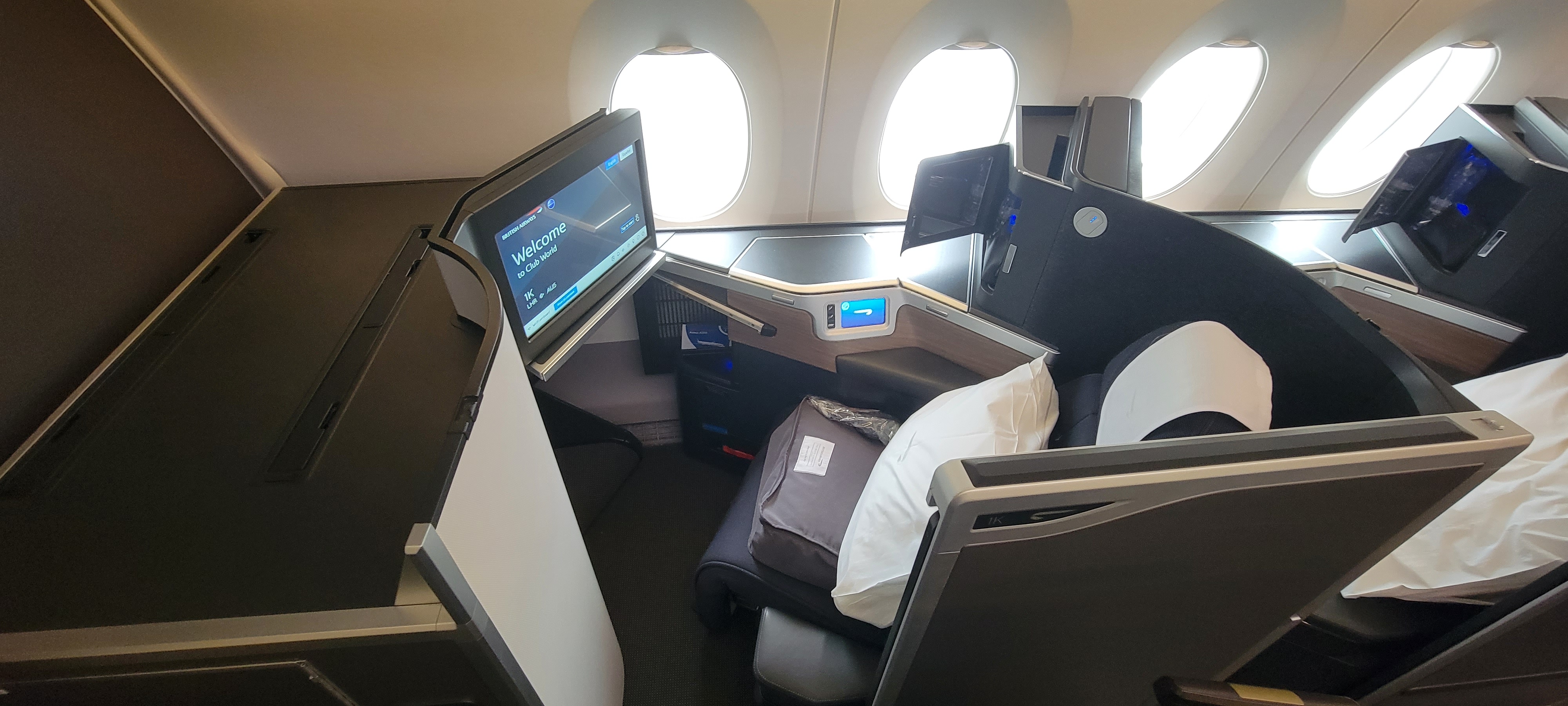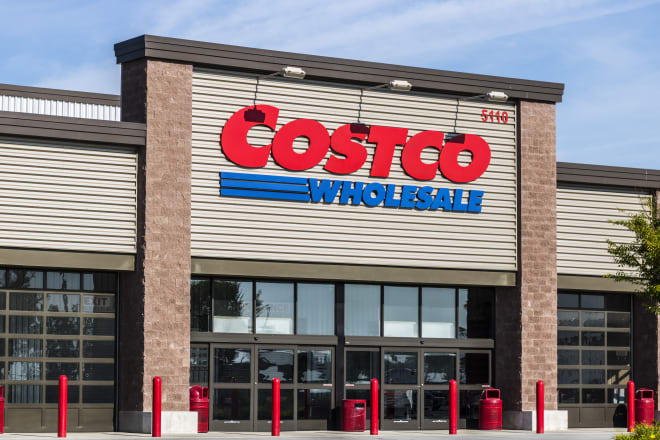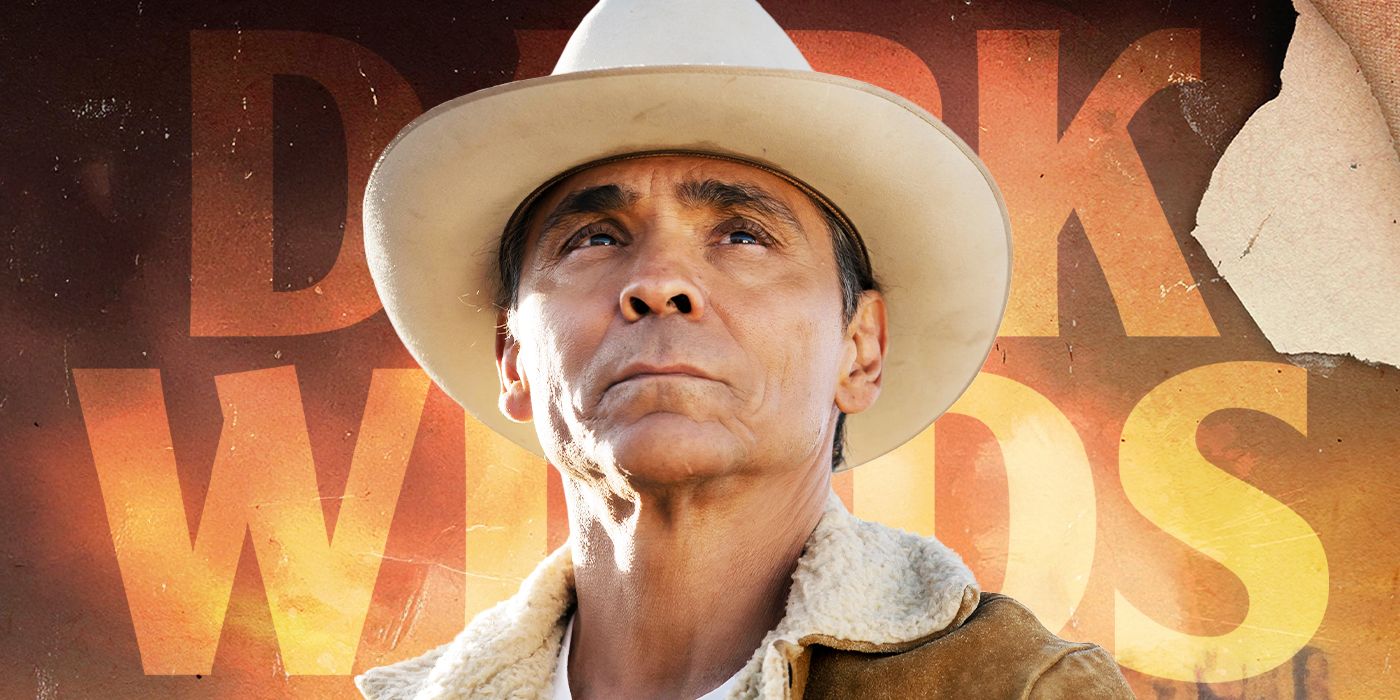Cannes 2025 | I’m Afraid of Ameri-Cannes
Illustration by Franz Lang.As an American, I usually avoid spending too much time at a festival considering the films from my own country—Notebook has an international lens, and those films will get more than enough attention from the mainstream American press. But it’s hard to ignore the American titles in this year’s Cannes selection; to look at this year’s competitors—Wes Anderson, Ari Aster, Richard Linklater, and Kelly Reichardt—is to experience cultural dissociation that suggests not only that our cinema is fine and dandy, but that, gee whiz, our country might be too. At festivals, art films are often burdened with representing the state of an entire country; perhaps too readily, they are taken as national allegories. The positive artistic force on display at Cannes, however, belies the reality back home, where misanthropic, self-serving leaders are governing with unfathomable authoritarian cruelty. These films seem like they are coming to us from a different dimension, one I’d very much like to live in right now. Normally such a selection would be an anticipated pleasure; now, it’s hard not to be embittered by the disjunction. (Still, I cannot wait for Spike Lee’s out-of-competition Highest 2 Lowest, which will likely provide a cathartic dose of vehemence.)For those searching fervidly for happier notes, there are proper miracles to be found in filmmakers facing political obstacles and somehow delivering new work, like Jafar Panahi and Sergei Loznitsa. Competition first-timers like Óliver Laxe, whose previous (and dependably exhilarating) films have played in every other major section in Cannes, and Carla Simón, whose superbly modest and compassionate movies have graced increasingly eminent festival sections, give hope. So does the general sense that the festival isn’t being dominated by the old guard and, Dardenne brothers aside, giving the same slots to the same filmmakers, year after year. I’d like to remind readers that Mario Martone’s latest film, Nostalgia (2022), was a gem many wrote off too quickly. I’d love to see Kleber Mendonça Filho take home the big prize. Not in the main competition, but elsewhere on the Croisette, I have my eye on several promising films in the ACID sidebar; on Christian Petzold’s Mirrors No. 3 in the Fortnight; and on two titles from Critics’ Week: Left-Handed Girl, the directorial debut of Sean Baker’s producer, Shih-Ching Tsou, and Adam’s Interest, Laura Wandel’s sophomore film after the harrowing Playground (2021). The weight of the American films, and of the American situation, will likely end up lying heavily on this year’s festival, even if, after last year’s Palme d’Or for Anora (2024), the jury will likely look to award films from elsewhere. Many of those films may speak for themselves; many may speak to the state of the world; many may well do both. Let’s hope they say something worth hearing.


Illustration by Franz Lang.
As an American, I usually avoid spending too much time at a festival considering the films from my own country—Notebook has an international lens, and those films will get more than enough attention from the mainstream American press. But it’s hard to ignore the American titles in this year’s Cannes selection; to look at this year’s competitors—Wes Anderson, Ari Aster, Richard Linklater, and Kelly Reichardt—is to experience cultural dissociation that suggests not only that our cinema is fine and dandy, but that, gee whiz, our country might be too.
At festivals, art films are often burdened with representing the state of an entire country; perhaps too readily, they are taken as national allegories. The positive artistic force on display at Cannes, however, belies the reality back home, where misanthropic, self-serving leaders are governing with unfathomable authoritarian cruelty. These films seem like they are coming to us from a different dimension, one I’d very much like to live in right now. Normally such a selection would be an anticipated pleasure; now, it’s hard not to be embittered by the disjunction. (Still, I cannot wait for Spike Lee’s out-of-competition Highest 2 Lowest, which will likely provide a cathartic dose of vehemence.)
For those searching fervidly for happier notes, there are proper miracles to be found in filmmakers facing political obstacles and somehow delivering new work, like Jafar Panahi and Sergei Loznitsa. Competition first-timers like Óliver Laxe, whose previous (and dependably exhilarating) films have played in every other major section in Cannes, and Carla Simón, whose superbly modest and compassionate movies have graced increasingly eminent festival sections, give hope. So does the general sense that the festival isn’t being dominated by the old guard and, Dardenne brothers aside, giving the same slots to the same filmmakers, year after year. I’d like to remind readers that Mario Martone’s latest film, Nostalgia (2022), was a gem many wrote off too quickly. I’d love to see Kleber Mendonça Filho take home the big prize.
Not in the main competition, but elsewhere on the Croisette, I have my eye on several promising films in the ACID sidebar; on Christian Petzold’s Mirrors No. 3 in the Fortnight; and on two titles from Critics’ Week: Left-Handed Girl, the directorial debut of Sean Baker’s producer, Shih-Ching Tsou, and Adam’s Interest, Laura Wandel’s sophomore film after the harrowing Playground (2021). The weight of the American films, and of the American situation, will likely end up lying heavily on this year’s festival, even if, after last year’s Palme d’Or for Anora (2024), the jury will likely look to award films from elsewhere. Many of those films may speak for themselves; many may speak to the state of the world; many may well do both. Let’s hope they say something worth hearing.
